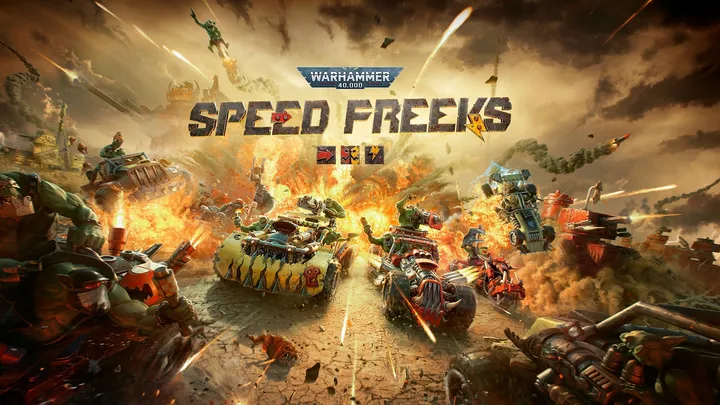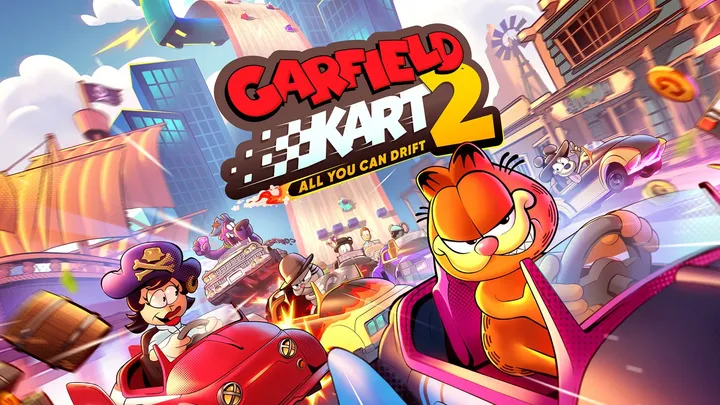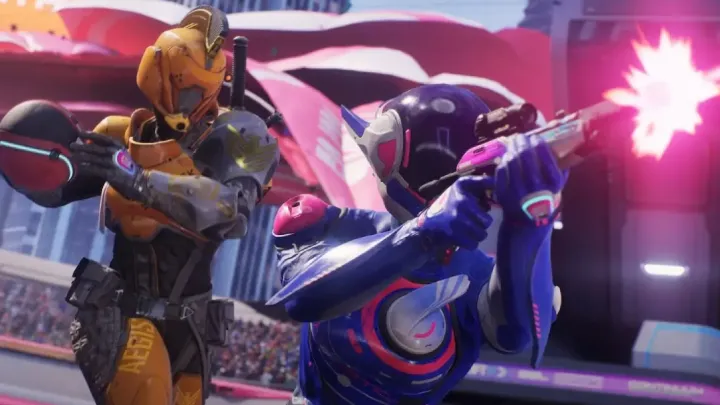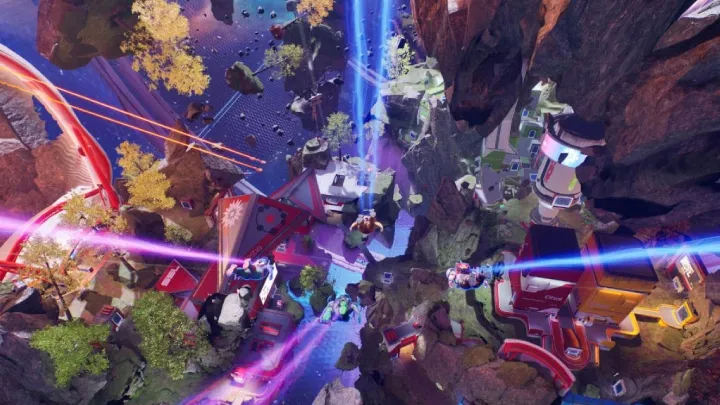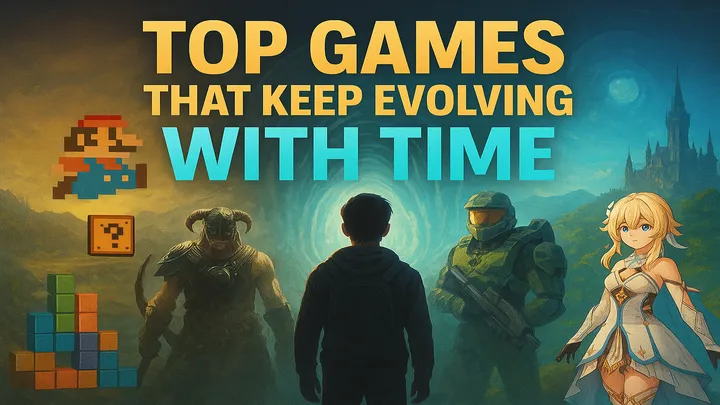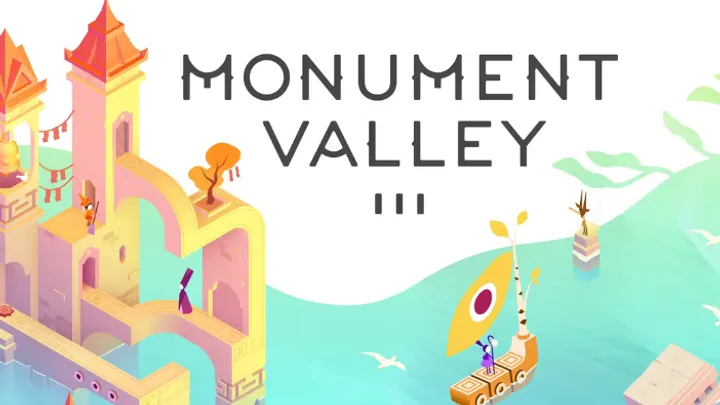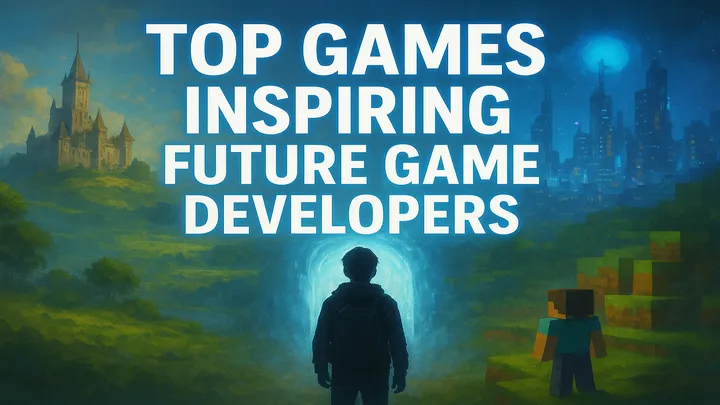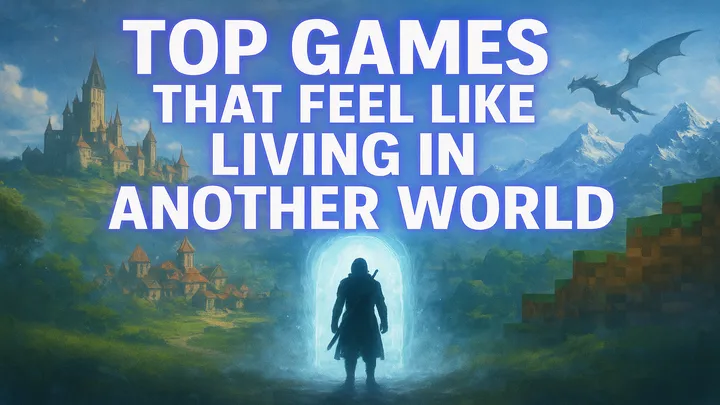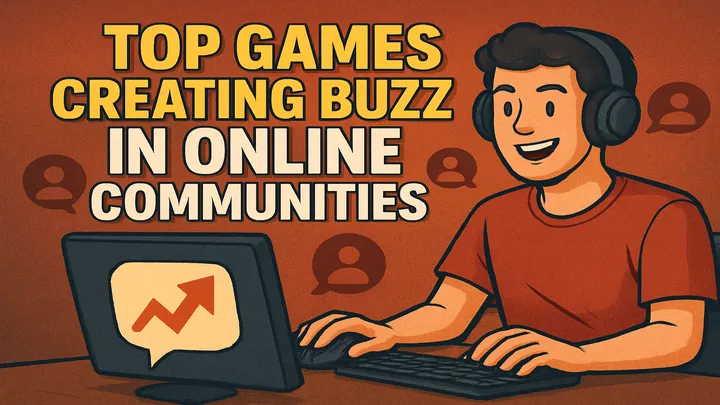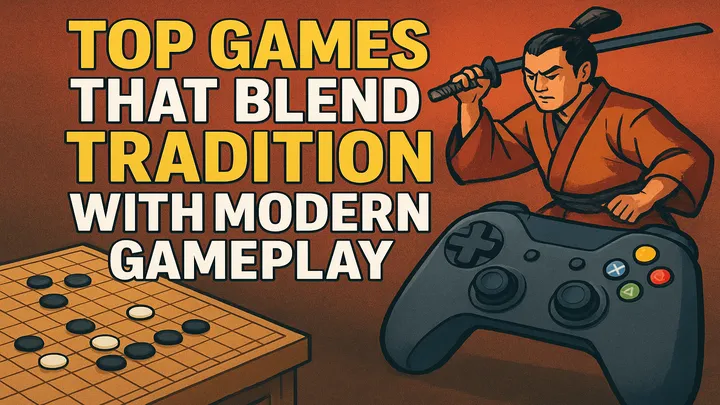The Arena, Reimagined: The Genius of Splitgate
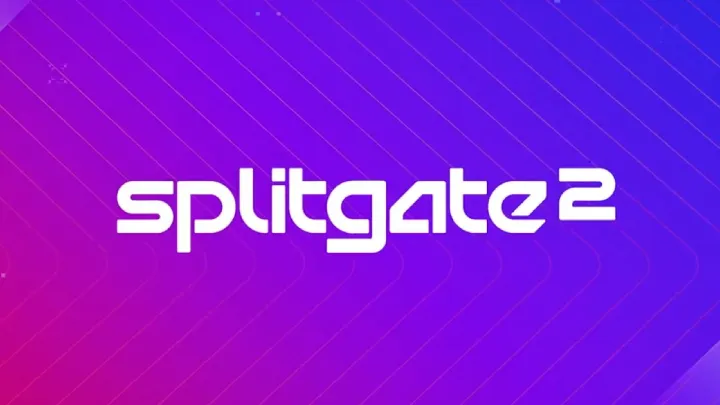
In a world where the FPS genre is dominated by massive battle royales and realistic military simulations, Splitgate arrived with a simple, yet revolutionary idea: what if you combined the lightning-fast action of classic arena shooters with the mind-bending mechanics of portals? The result was a game that felt both nostalgic and utterly new. It captured the hearts of millions with its unique blend of skill-based gunplay and a movement system that turned every map into a three-dimensional puzzle. The core appeal was not in a complex narrative or a massive open world, but in the sheer exhilaration of outsmarting your opponent with a perfectly placed portal, ambushing them from above, or escaping a sticky situation with a clever portal placement.
The game’s aesthetic, with its clean, vibrant art style and futuristic sci-fi setting, was a perfect backdrop for the chaotic, high-stakes combat. But it was the portal mechanic that was the true star. Players could create two interconnected portals on designated walls, allowing them to teleport across the map in an instant. This single mechanic added a layer of strategic depth that few other games could match. A player could use a portal to get a vantage point for a sniper shot, to flank an enemy team, or to simply confuse their opponents. The skill ceiling was incredibly high, rewarding players who could think on their feet and master the art of portal manipulation.
The Community and the Call for a Sequel
The success of Splitgate was a testament to its passionate community. It was a game that was built with the players in mind, with developers constantly engaging with the fanbase, listening to feedback, and releasing updates that improved the core experience. This open dialogue fostered a strong sense of loyalty among players, who championed the game and helped it grow from a small indie title into a major player in the FPS market.
But as the game's popularity grew, so did the demand for more. Players craved a new, expanded experience with more content, more features, and more refined mechanics. The community's passion for the game led to a growing conversation about a sequel. A hypothetical Splitgate 2 would not just be a new version of the same game; it would be a chance to build upon the already solid foundation and take the concept to the next level.
The Potential of a New Era
A sequel would be an opportunity to introduce new, exciting features that the original game's engine couldn't handle. A larger-scale battle royale mode, for instance, could be a massive hit, with players fighting to be the last one standing in an ever-shrinking map, using portals to get a tactical advantage. New game modes, new maps with unique mechanics, and a richer character customization system would also be highly anticipated. A sequel could also introduce a deeper lore, giving players a better understanding of the world they are fighting in.
Furthermore, a sequel built on a new engine could fix the technical limitations of the original game, allowing for more detailed graphics, more fluid animations, and a more stable online experience. The community's feedback would be key to the development of a sequel, ensuring that it remains true to the spirit of the original while also pushing the boundaries of what is possible.
The Future of Portals
The story of Splitgate is one of a small game with a massive idea. It is a game that proved that innovation and creativity can still find a home in a crowded genre. While the original game has cemented its place as a cult classic, the community's desire for a sequel is a testament to the fact that the hunger for a high-skill, fast-paced arena shooter is still very much alive.
A hypothetical Splitgate 2 would be more than just a game; it would be a continuation of a legacy. It would be a chance for a new generation of players to experience the thrill of a game that is a perfect blend of old-school action and modern ingenuity. The arena is waiting, the portals are ready, and the next chapter of the saga is on the horizon.




